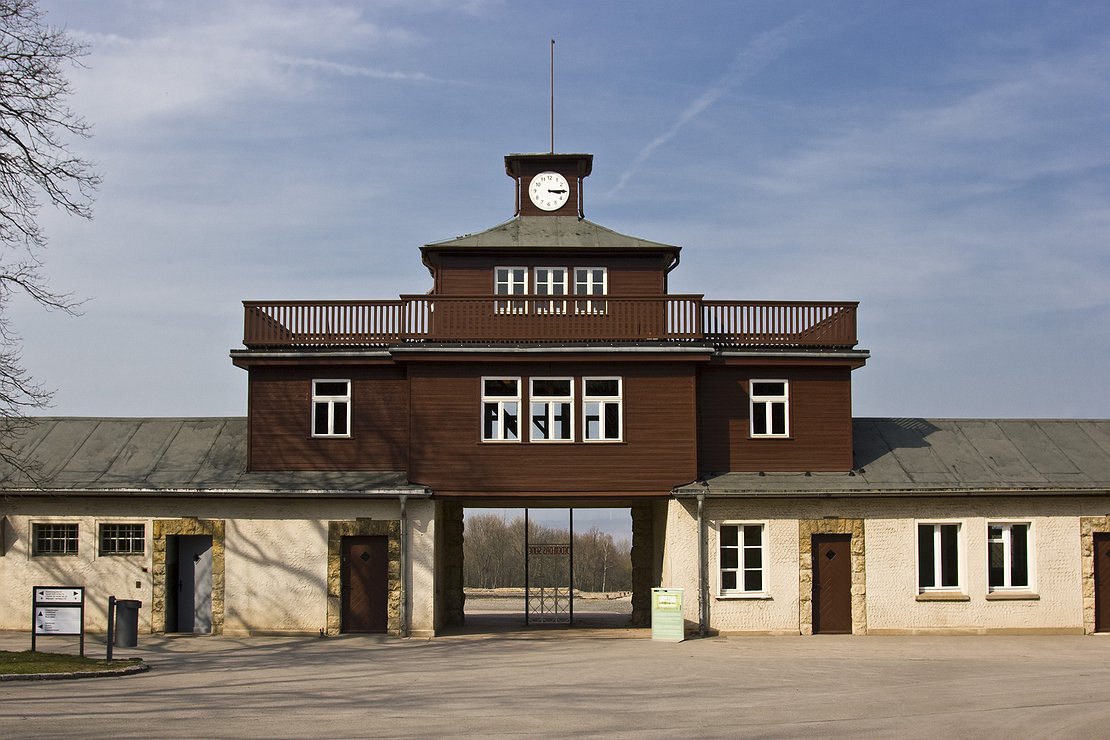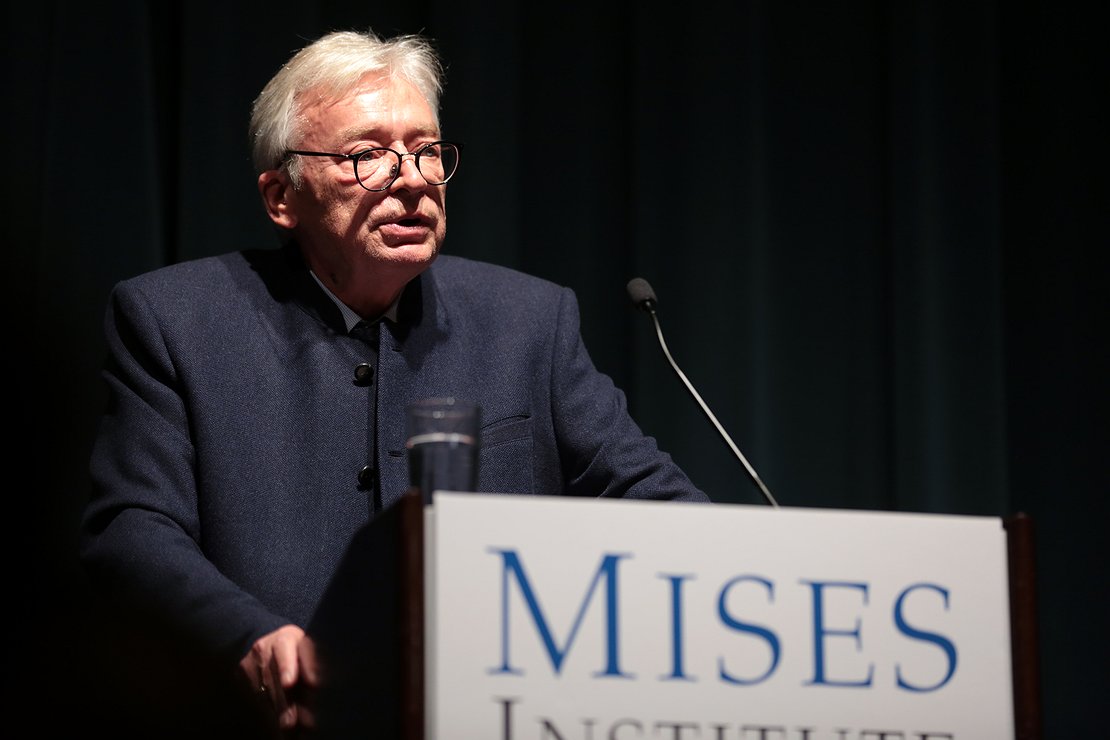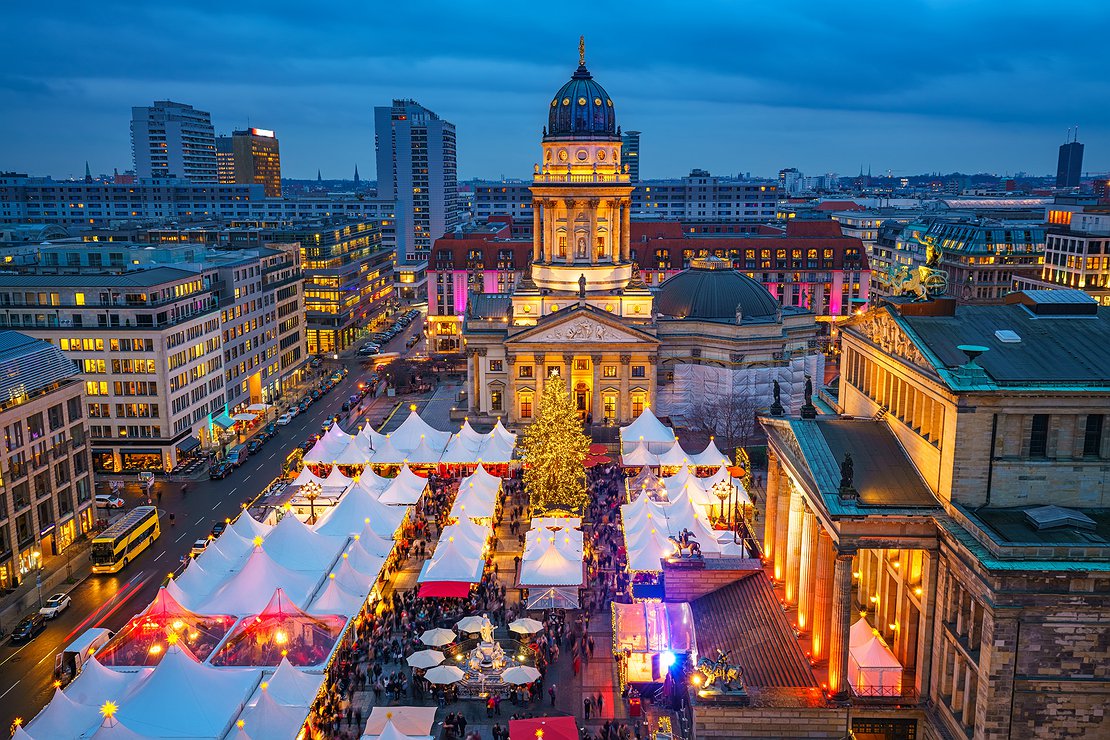
Debating the GDR:Injustice State and Antifa “Justice”
On the 70th anniversary of the founding of the GDR, October 7, the Prime Minister of Mecklenburg-Western Pomerania, Manuela Schwesig (SPD), and her Thuringian colleague Bodo Ramelow (Left Party) announced that they reject the term ‘Unrechtsstaat’ (‘injustice state’) to describe the GDR. This has triggered sharp criticism, which is no longer something that can be taken for granted in a Federal Republic of Germany (FRG) conditioned to be antifascist and left-red-green.
What is overlooked is that both politicians argue quite differently. Schwesig argues exclusively on the linguistic-formal level, while she remains unambiguous about the matter by saying: “The GDR was a dictatorship. Everything that constitutes a democracy was lacking: freedom of expression, freedom of the press, freedom to demonstrate, free elections, the right to opposition.”
She certainly doesn’t deny the illegal character of the GDR, because ‘dictatorship’ includes ‘injustice.’ She is exclusively concerned with the term which is, apparently, “perceived as disparaging by many people who lived in the GDR.” It is perceived in eastern Germany as a communicative vanquishing by western Germany and reinforces the feeling of being exposed to heteronomy, to being conditioned from outside and, consequently, to devaluation.
Schwesig's intervention is debatable
In the context of the inter-German power gap, the ‘injustice state’ implies a reproach for having lived in the wrong German state and for having led the wrong life, according to the widespread dictum, coined by Theodor W. Adorno, that ‘a right life in the wrong’ is not possible at all.
In this context it should be remembered that both German states were equally legitimate (or illegitimate) in their historical origins. The FRG and the GDR resulted from the German defeat in the Second World War and the founding of their respective victorious powers, which determined their political and legal form and orientation.
The difference lies elsewhere: In the Federal Republic, the legitimacy was subsequently delivered through the successive acceptance by the people within the FRG of state institutions, and by voluntary participation in state procedures such as elections. In the GDR there was never a comparable legitimacy; in 1989 the state was delegitimized by the population.
Schwesig's intervention is, at least, debatable. It’s quite a different matter in the case of Thuringia's Prime Minister Bodo Ramelow, who justifies his objection as follows: “The GDR was clearly not a constitutional state. For me, however, the term ‘injustice state’ is directly and exclusively connected with the time of Nazi rule and the use of the legal term ‘injustice state’ by the courageous public prosecutor Fritz Bauer in the Auschwitz trials.”
Trivialization of the victims of the Wall
This is uncompromising anti-fascist logic: what was anti-fascist law at the time cannot be totalitarian injustice today. Ramelow and his comrades find an apparent justification in a bon mot of the Freiburg historian Ulrich Herbert, which could also have come from the continuously joking Gregor Gysi, the long-time leader of the Left Party: “One dictatorship produced mountains of corpses, the other mountains of files.”
This is a trivialization of the victims of the Wall and the destruction of lives associated with names such as Bautzen, Hoheneck or the Schwedt military prison. The historical conditions of the GDR are also trivialized and ignored. Tens of thousands of corpses had already been embedded in the foundation of the state, inherited from the winning Soviet forces.
From 1945 on, the Soviets set up numerous so-called special camps in their zone, for which they also used former Nazi concentration camps, such as the Buchenwald camp in Ramelow's Thuringia. Not only were Nazi perpetrators interned there, but also bourgeois opponents of the Communists and Social Democrats who opposed the merger of their party with the communist KPD, as well as ‘objective opponents’ who simply had the misfortune of belonging to the so-called exploiting classes.
The main purpose of the camps was to eliminate opponents of the system and to spread fear. The number of internees fluctuated between 120,000 and 180,000, more than 40,000 died, most of them from hunger and epidemics. The Buchenwald special camp alone recorded 7,000 deaths.
GDR leadership did not renounce terror out of conviction
When the Soviet Union handed over the prisoners to the GDR in 1950, the conditions did not improve at all. The writer Walter Kempowski, for example, whom a Soviet military tribunal had sentenced to 25 years in prison at the age of eighteen in 1948, was not released until 1956. The subject was taboo under the SED.
In general, the GDR can only be adequately judged in the context of the Soviet empire. The communist leaders who returned to the East Zone from Soviet exile in 1945 to bring socialism to Germany knew from their own experience that the Stalinist system was a murderous one. Nevertheless, they acted as his satraps.
It was only luck, not due to anything they did, that Stalin, for tactical reasons, considered a Great Terror like the one in the 1930s to be inopportune and canceled the show trials in the GDR, that took place in the other communist satellite countries. There is no good reason to believe that the SED Communists at the time would have refused to accept Stalin's order to increase terror.
People like Ramelow, who either ignore this or dismiss it as nothing much to be bothered about, cannot be trusted.
Originally written in German for 'Junge Freiheit', where the article appeared under the title 'Unrechtsstaat und Antifa-Recht', on October 10th 2019.




